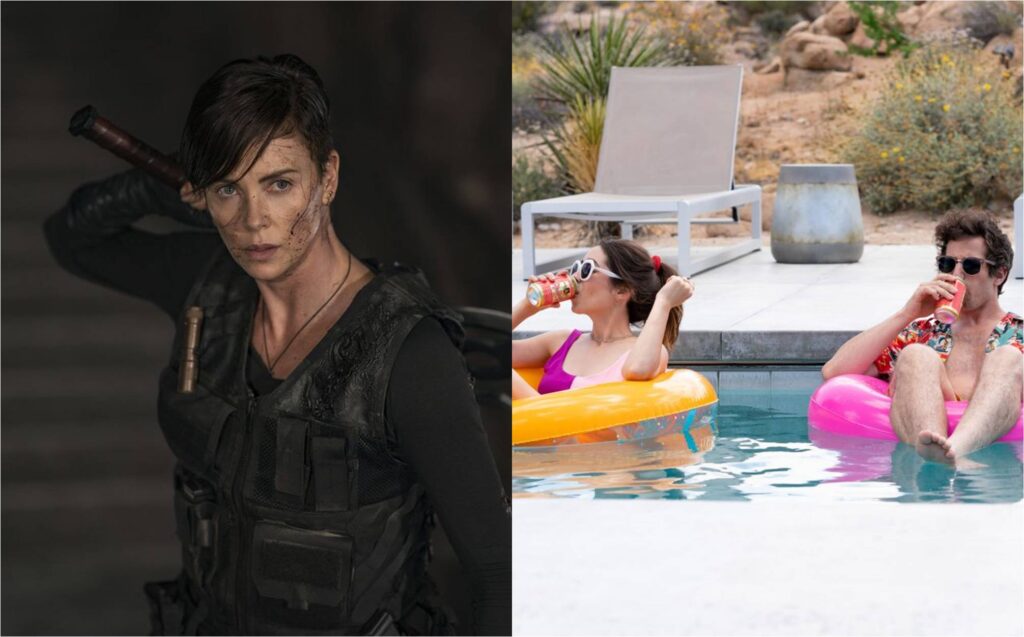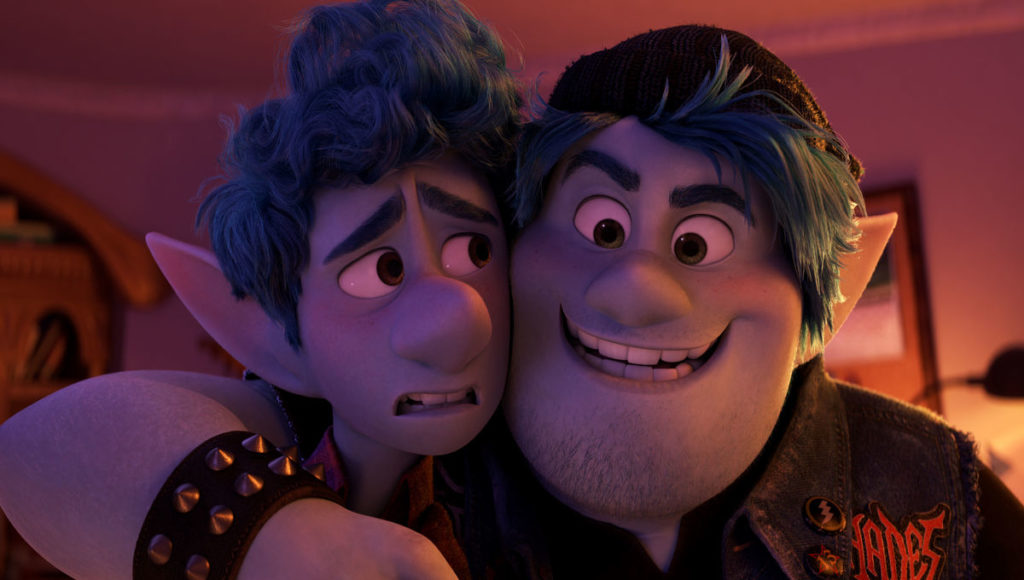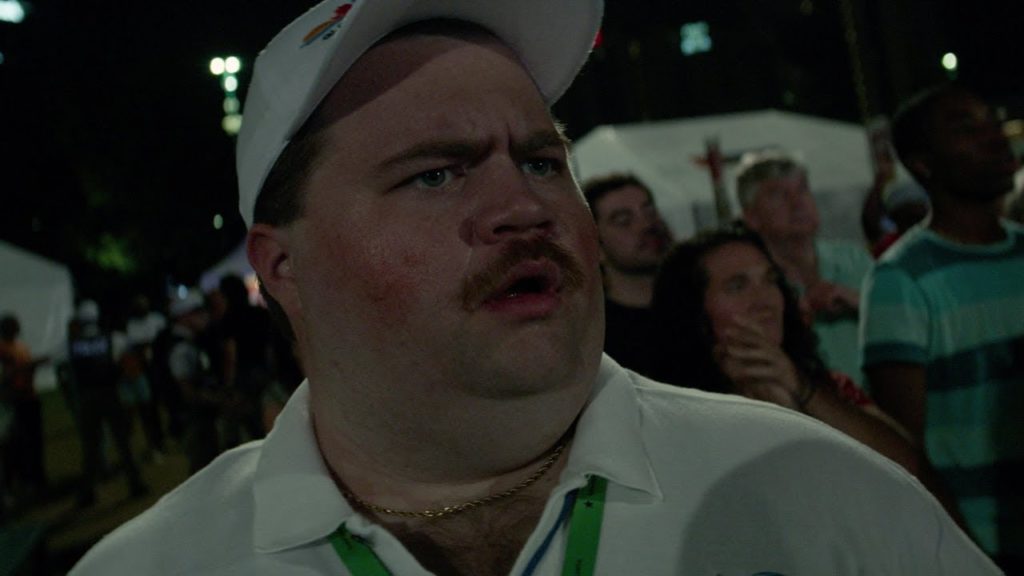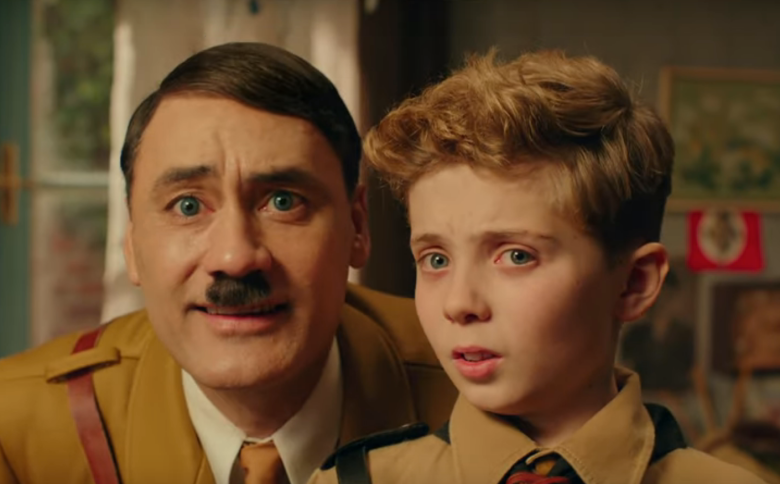I’m Thinking of Ending Things: Meeting the Parents, Leaving Logic Behind
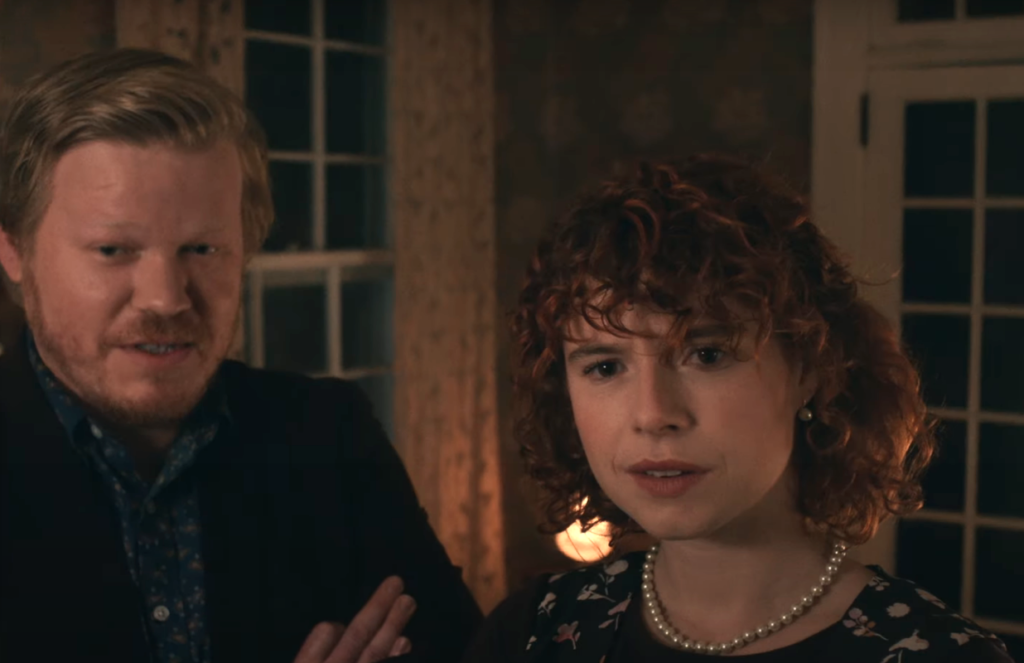
An extended, discursive, baffling game of Choose Your Own Metaphor, Charlie Kaufman’s I’m Thinking of Ending Things is a weighty treatise on the universal fear of loneliness. At least, I think it is. Maybe it’s a sad commentary on the inexorability of aging? I dunno. In one scene, the characters discuss the board game Trivial Pursuit, so perhaps it’s a valentine to one of that amusement’s classic categories, Arts & Literature; certainly it’s an erudite picture, given how frequently it name-checks writers like Tolstoy, Wilde, and Emerson.
Whatever his faults, Kaufman doesn’t make movies like anyone else. He also doesn’t seem to make movies that can be understood by anyone else. He’s blessed with such a fertile imagination, it’s almost like his films are acts of intellectual upheaval, as though he’s been demonically compelled to yank his ideas out of his brain and plunk them onto the screen. The human mind is a fragile and chaotic place, and so are his artistic creations, which are governed by passion and inspiration rather than order and logic. I’m Thinking of Ending Things is far from his best movie—that title belongs to either Being John Malkovich or Eternal Sunshine of the Spotless Mind, both of which he wrote but didn’t direct—but it’s arguably his most purely Kaufmanesque (though Synecdoche, New York might like a word). It waltzes along to its own syncopated rhythms, its synapses firing randomly, unable to or just uninterested in packaging its multitude of thoughts into a coherent story. Read More

